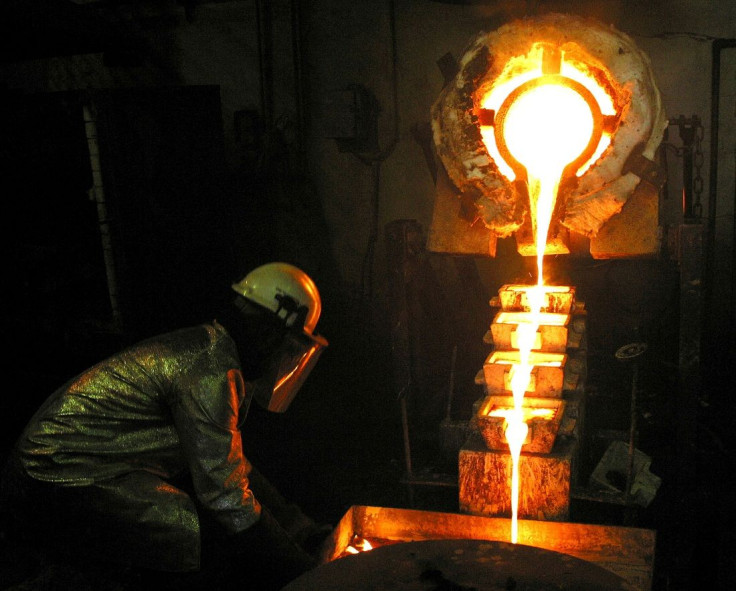Asian coal markets affected by port disruptions, Cyclone Debbie

Asia’s coal markets were affected in March by cyclone affecting the mines in Australia and port disruptions seen in Indonesia. This comes as the strength of Chinese demand and other important import markets persist, thereby enhancing prices.
Since March 10, thermal coal cargo prices for export from Newcastle port in Australia have grown by as much as 11 percent. The move offsets the decline, at least in part, seen since November last year. Prices have climbed largely because of Indonesian government graft probe at ports in its East Kalimantan province, serving as one of the most important locations catering to thermal coal exports.
As a result of these probes, ship loadings around the port of Samarinda have been affected. Shipping data shows that 38 large dry-bulk ships currently sit idle to take on coal. Some of the other ships have been at the port for a month.
The rest are not being allowed to berth at the port and have to take on coal through smaller loading vessels. "The situation there is bad. Ships rely on just a couple of seaborne loading vessels to do the job of the entire port," a coal shipper who has suffered due to the situation said.
Meanwhile, a crackdown on mining in China caused a drop of 1.7 percent year-on-year in domestic output in January and February this year. The country remains the world’s largest consumer of coal.
The markets were also heavily affected by Cyclone Debbie, which struck northeast Australia this week, prompting the shuttering of mines. After the cyclone crossed the coast, Queensland’s big coal export terminals have been closed down.
Speaking with the ABC, BHP Billiton said that it had shuttered its South Walker Creek mine. The location lies close to the path of the storm. Mining operations in Glencore’s Collinsville and Newlands locations were shut down as a result of the cyclone.
Abbot Point, Dalrymple Bay and Hay Point, three significant Queensland mines, were also affected. Subsequently, deliveries to the ports were temporarily suspended. The effect the shuttering of mines and operations will have on the markets will largely depend of the damage the cyclone will cause.
Since March 10, the Amsterdam, Rotterdam and Antwerp (ARA) benchmark has slumped by as much as 5 percent. With this, Australia's Newcastle price stands at US$80.90.
According to UBS global commodities analyst Daniel Morgan, wind damage is not being considered as a primary risk. "Prolonged problems would tend to be big, wholesale flooding of pits, that's what you don't want to see," Morgan said. "If you see a little bit of rail and port damage, those can be fixed more readily."





















